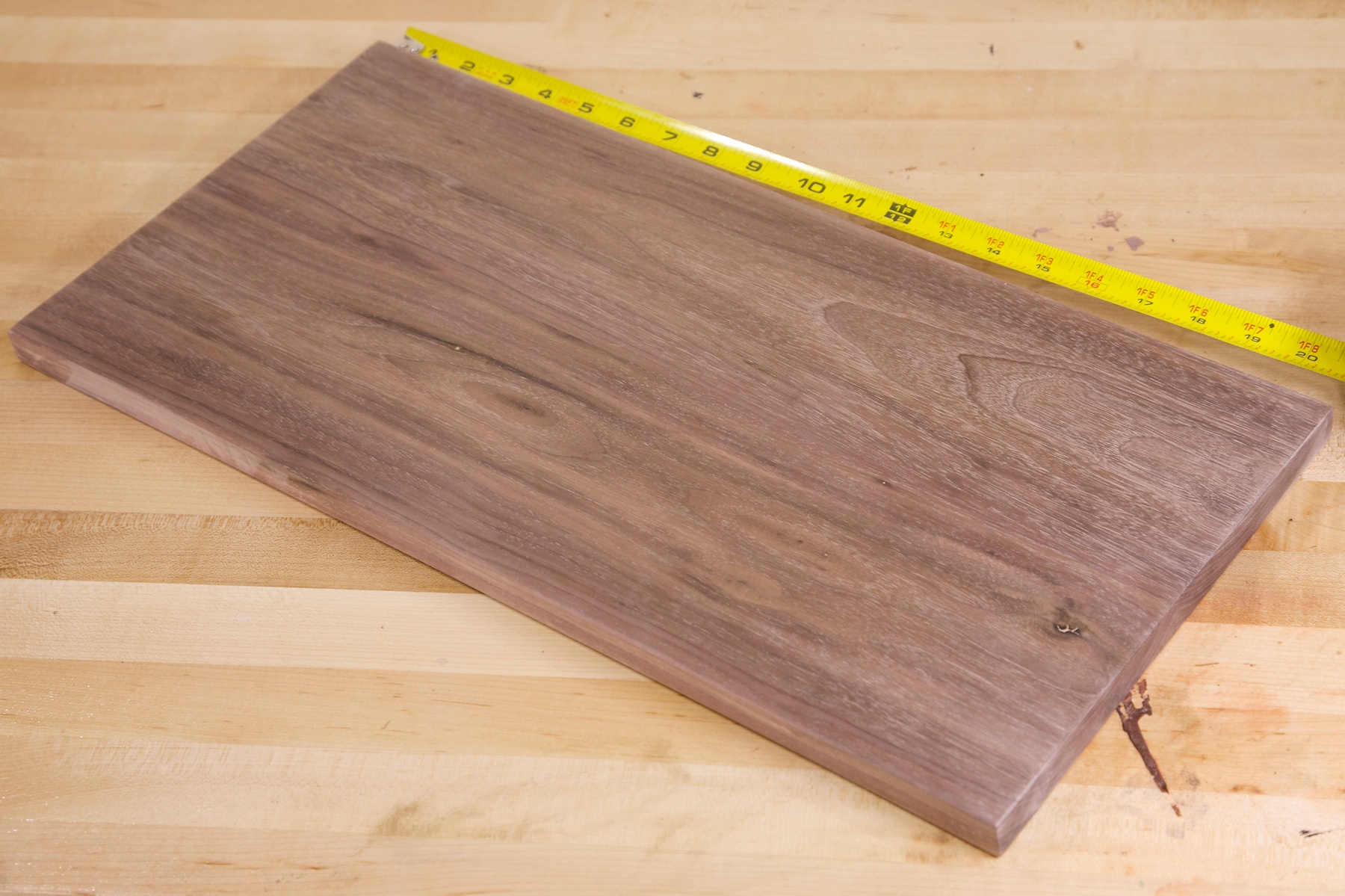Ideal for use on antiques and fine furniture. Can also be applied to cabinets, furniture, tables and bar tops. The oil has been used for centuries as a water-resistant finish for boats and other wooden objects, as well as to finish stone. Easy to maintain, it is the ideal protective finish for woods that have been refinished because it penetrates wood pores to restore vitality to dry, thirsty wood. This part walks you through how I applied and polished a tung oil varnish on a solid walnut desk top.
A pure or polymerized tung oil finish is easy to use and will produce beautiful on any type of woo inside or out. Our buff-in, color-infused tung oil enhances the color of woo while providing a protective matte finish. Our shades are easy to maintain, low odor and VOC compliant in all states.
My thinking is tung oil or any other oil for that matter is penetrating. Creating a beautiful, hand-rubbed finish. Both products are ideal for use on antiques and fine furniture. Fast drying formula provides superior protection against moisture and penetrates deeply into the surface of stained or unfinished wood for a genuine, hand rubbed finish.
Tung Oil and Tung Oil Varnish are best for. Danish oil provides a water resistant satin finish , that is soft and radiant but that can also handle hard wear and tear. It penetrates into the woo so the finish will never crack or peel, unlike polyurethane. It protects the furniture from mildew too. Maintaining tung oil finish is quite easy as light stains and scratches on the finish can be removed by lightly sanding the wood and then, applying a thin layer of tung oil.
Pure tung oil forms a tough, all-natural oil finish that seals out water, and is completely unaffected by alcohol or acetone. For help picking a finish , see below. The increased water resistance you get with tung oil is too little to compensate for the increased time and effort required to get a presentable finish with tung oil. Think two-to-three weeks with five or more coats. It gives a polished and somewhat darkened look to the wood surface.
Neither tung oil nor linseed oil are film coatings, so the wood grain never loses its natural texture. To apply an oil finish , flood it onto the woo adding extra to keep the surface wet in areas where the oil is quickly absorbed. Tung oil is kind of a different fish. When choosing a tung oil finish versus a polyurethane one, consider both the nature of and intended use for the piece.
Polyurethane offers superior waterproofing and is best for high traffic areas. Beware: Some finishes with tung oil in their name contain little or no real tung oil as an ingredient. So for your convenience, here is a list of “ tung oil ” finishes that are not 1 pure tung oil. The advantages of tung oil are that it is waterproof for one. It is flexible in that it still protects the wood as it expands or contracts.

Linseed oil is another natural finish that is obtained from flax seeds. Once the product on which this oil dries, you are left with 1 pure tung oil. This is a fast growing, deciduous tree that reaches a height of about forty feet when mature.
The life span of a Tung tree is about thirty years. New Protection for Classic Pieces Old furniture needs new protection. Stains have a varnish binder in them to keep the pigment in place, this seals the wood preventing an oil to penetrate into the wood.
Waterlox Original Formula. Most of the tung oil products on the retail market today are not pure tung oil. They have tung oil as a major component but have other additives, primarily varnish.
Actually the true oil finishes are: walnut oil , tung oil , boiled linseed oil , and mineral oil. Sutherland Welles makes a wiping varnish with a high tung oil content. It dries very fast (well hours) and is very hard. I have sprayed Lacquer and conversion varnish over their oil stains with good.
It is expensive, but so are stripping and sanding errors. Varnish can have gloss or matte appearance, can be extremely hard and durable, and can vary in color. Derived from trees, China Wood Oil provides long-term resistance to cracking and crazing. This depends on what you are looking to achieve, though, but the fact that tung oil is a completely natural product whereas Danish oil is a mixture of different elements (including tung oil ) means that tung oil is. Previously known as China Wood Oil.
It should be kept in an airtight container with minimum air space. Furniture can be made water-resistant by applying coats of the oil. Pure tung oil ’s matte finish will do nicely on certain pieces of furniture, but if a glossy finish is preferre you will need to buff and wax the finish , or use polymerized tung oil or a formulated tung - oil -based product. I now have a finish that has white spots everywhere there are nails.
It looks like it has chickenpox. Lots of the products on the market as tung oil finish contain no tung oil at all. The tung oil varnish brings out the warm, deep reddish brown color, and it’s super simple to apply by wiping it on and off with a shop towel.
Except, I also “wet sanded” the tung oil varnish , which is an optional technique.
No comments:
Post a Comment
Note: Only a member of this blog may post a comment.